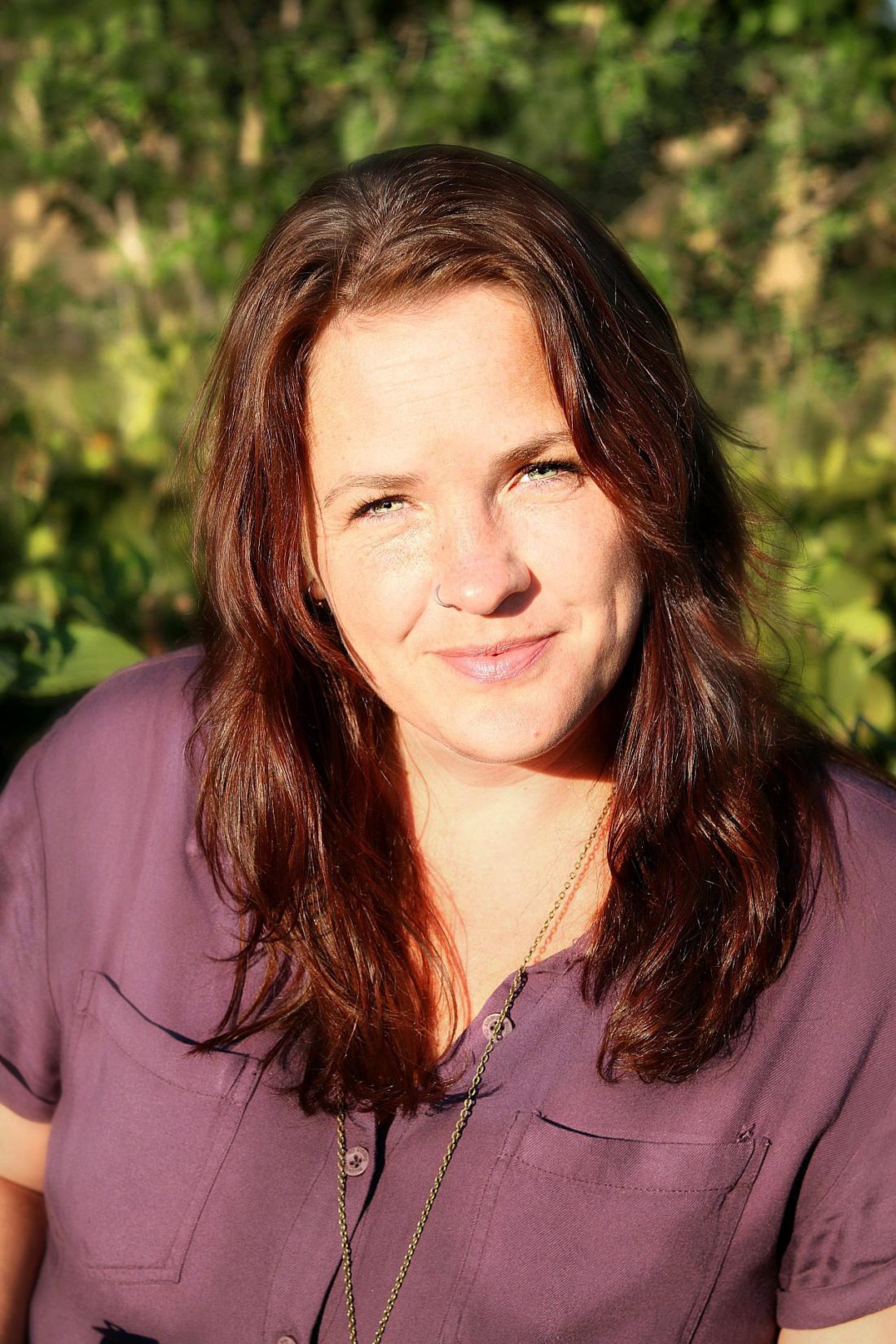Marisha MacMorran first joined Food Connection in 2015 as a food donor partner. Today, she is the organization’s executive director.
How has your organization’s mission advanced since its launch?
Food Connection was born in 2015 after learning that thousands of pounds of delicious, chef-prepared food were being thrown in the trash every week. Fresh food rotting in the landfill generates methane, a greenhouse gas more potent than carbon dioxide. Not only was freshly prepared, nutritious food being discarded, this was happening while many of our neighbors were struggling to put enough food on the table.
Co-founder Flori Pate sprang into action and rallied community members to begin rescuing this surplus food and connecting it with communities in need. To date, Food Connection has diverted a whopping 205 tons of fresh food from the Buncombe County landfill.
What is one piece of environmental legislation or policy change that you would like to see the city of Asheville or Buncombe County make?
Currently, there are federal tax incentives for businesses that choose to donate their surplus food to a nonprofit instead of tossing it in the trash. There are no state or county incentives for these food donors.
The new Food Donation Improvement Act passed in January of 2023 will enhance liability protections and tax incentives for businesses donating food.
While Food Connection is rescuing an average of 2,000 pounds of freshly prepared food every week, we know that there is still fresh food being thrown out. If the city of Asheville and Buncombe County were to get on board promoting food rescue and redistribution through local incentive programs, we believe that more businesses would look to donate their surplus food.
How do you go about getting your message out?
The No. 1 issue preventing chefs and business owners from donating prepared food is fear of liability if someone were to get sick after consuming the donated food. Prior to the passage of the Food Donation Improvement Act, businesses had liability protection under the Bill Emerson Good Samaritan Food Donation Act, which passed in 1996.
Meeting one on-one with chefs and business owners to educate them on liability protections and tax incentives is one way that we are able to move our mission forward.
Telling the Food Connection story to faith based and community groups offers us the opportunity to spread awareness about the impact of food waste on the environment. It also educates individuals about initiatives that are disrupting food waste practices while helping ease hunger in our communities by sharing this surplus food.
Where do you go in WNC to enjoy the outdoors?
We love the greenway connecting RAD all the way to Hominy Creek. We have seen collaborative efforts to mitigate years of pollution, restore native habitats and improve the overall ecological balance of the French Broad River basin through the city of Asheville. In addition to the improved natural landscape, the greenway offers healthy recreation space for people of all ages and walks of life. Good job, Asheville.




Before you comment
The comments section is here to provide a platform for civil dialogue on the issues we face together as a local community. Xpress is committed to offering this platform for all voices, but when the tone of the discussion gets nasty or strays off topic, we believe many people choose not to participate. Xpress editors are determined to moderate comments to ensure a constructive interchange is maintained. All comments judged not to be in keeping with the spirit of civil discourse will be removed and repeat violators will be banned. See here for our terms of service. Thank you for being part of this effort to promote respectful discussion.